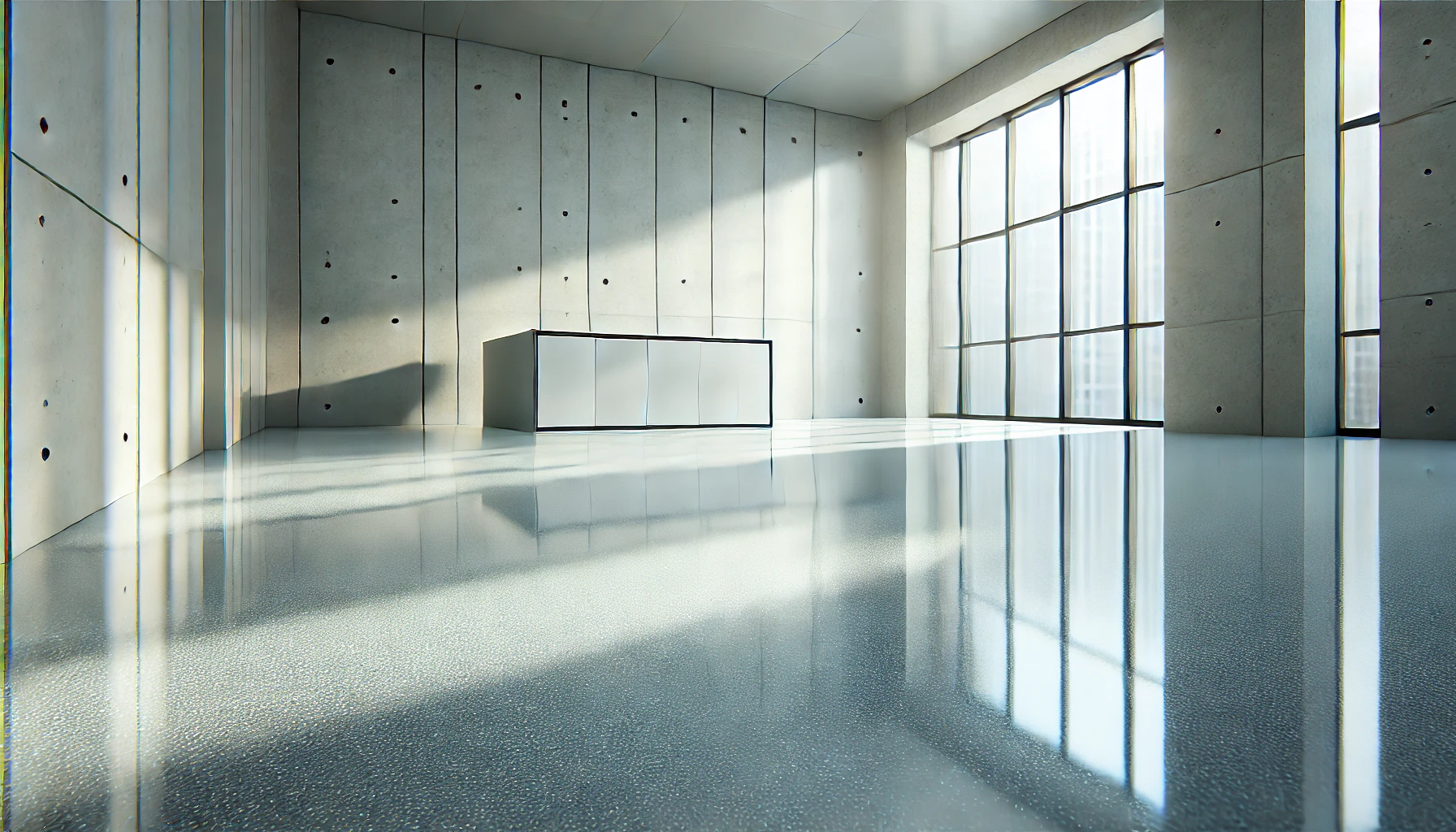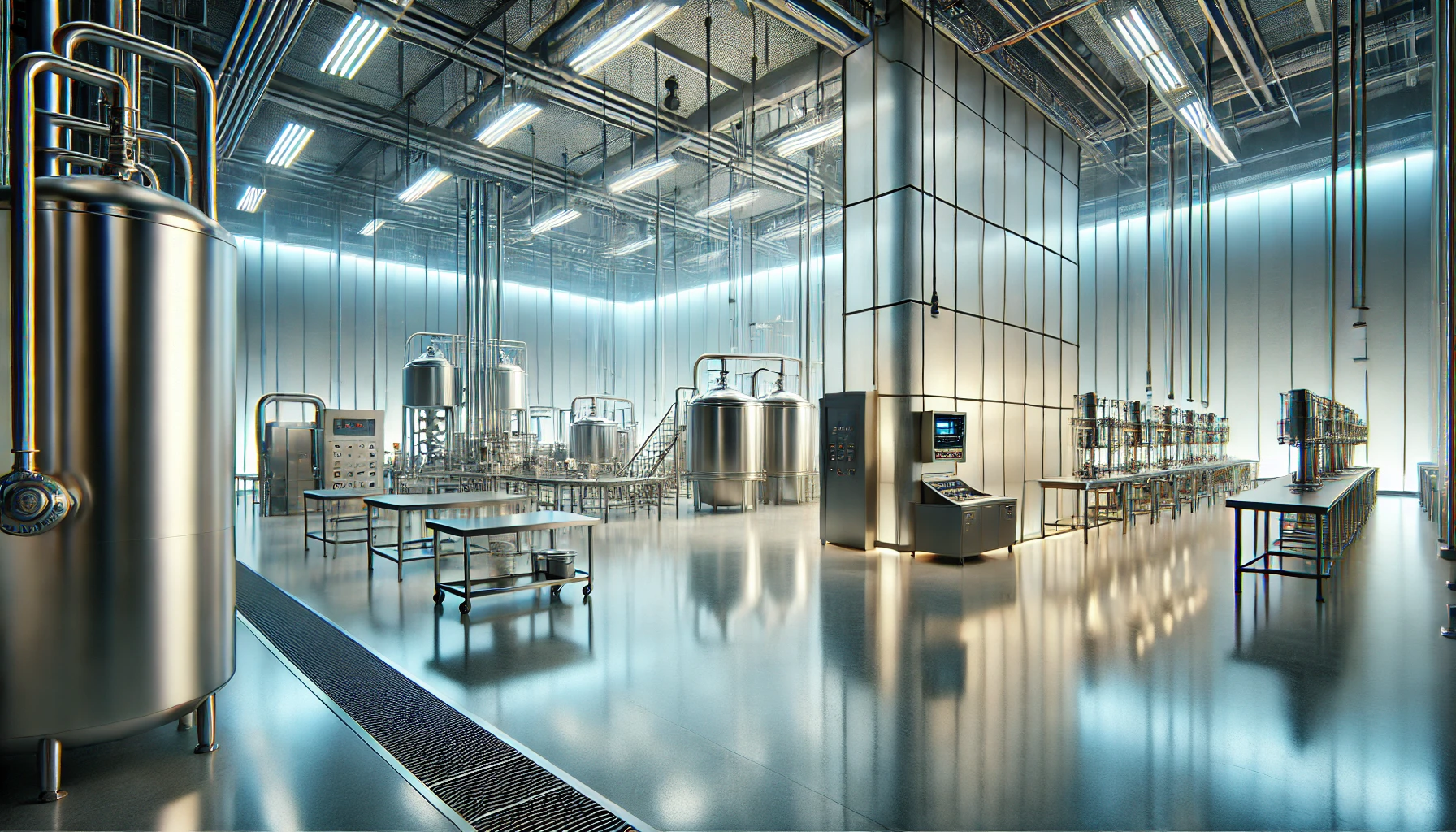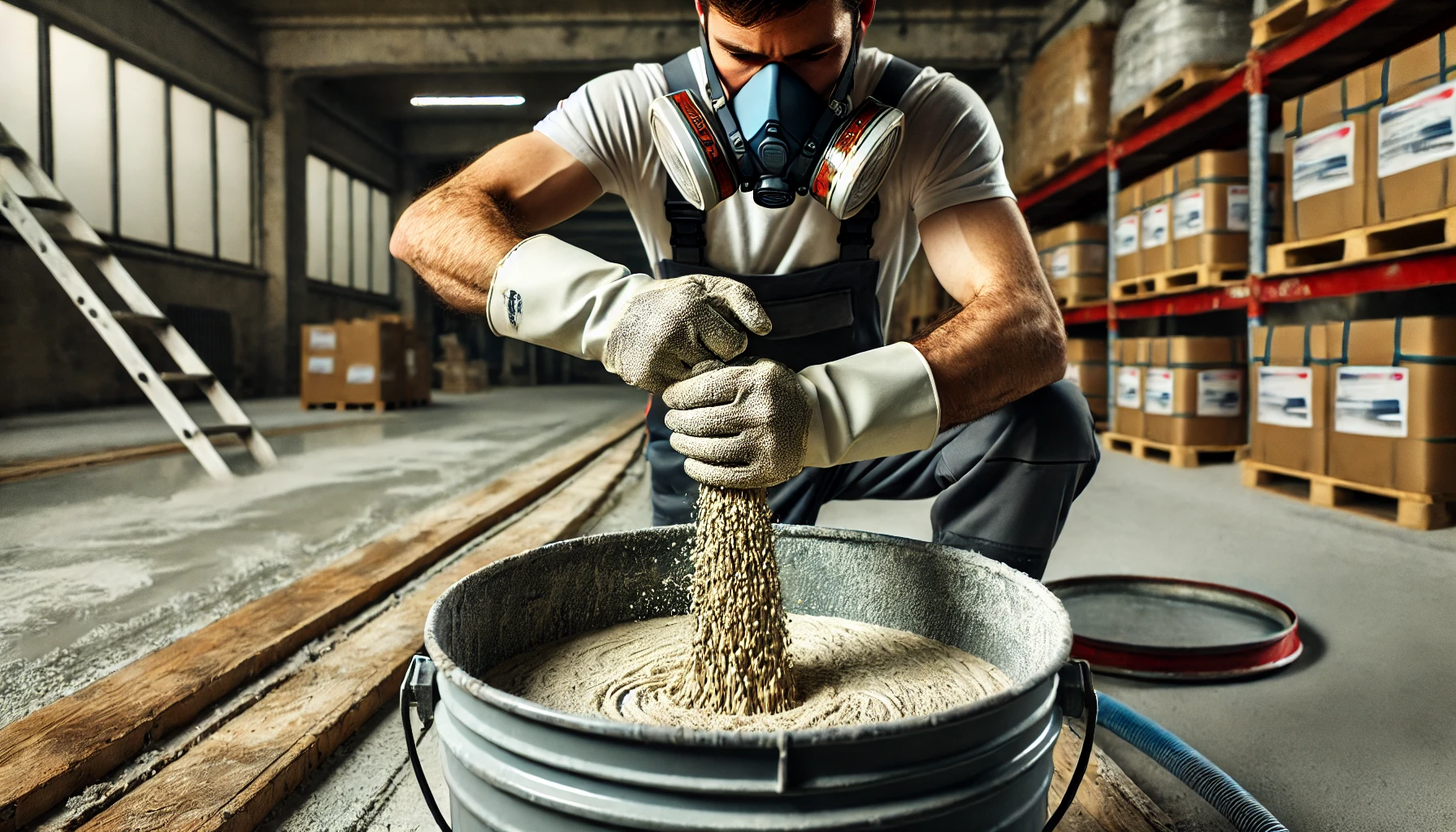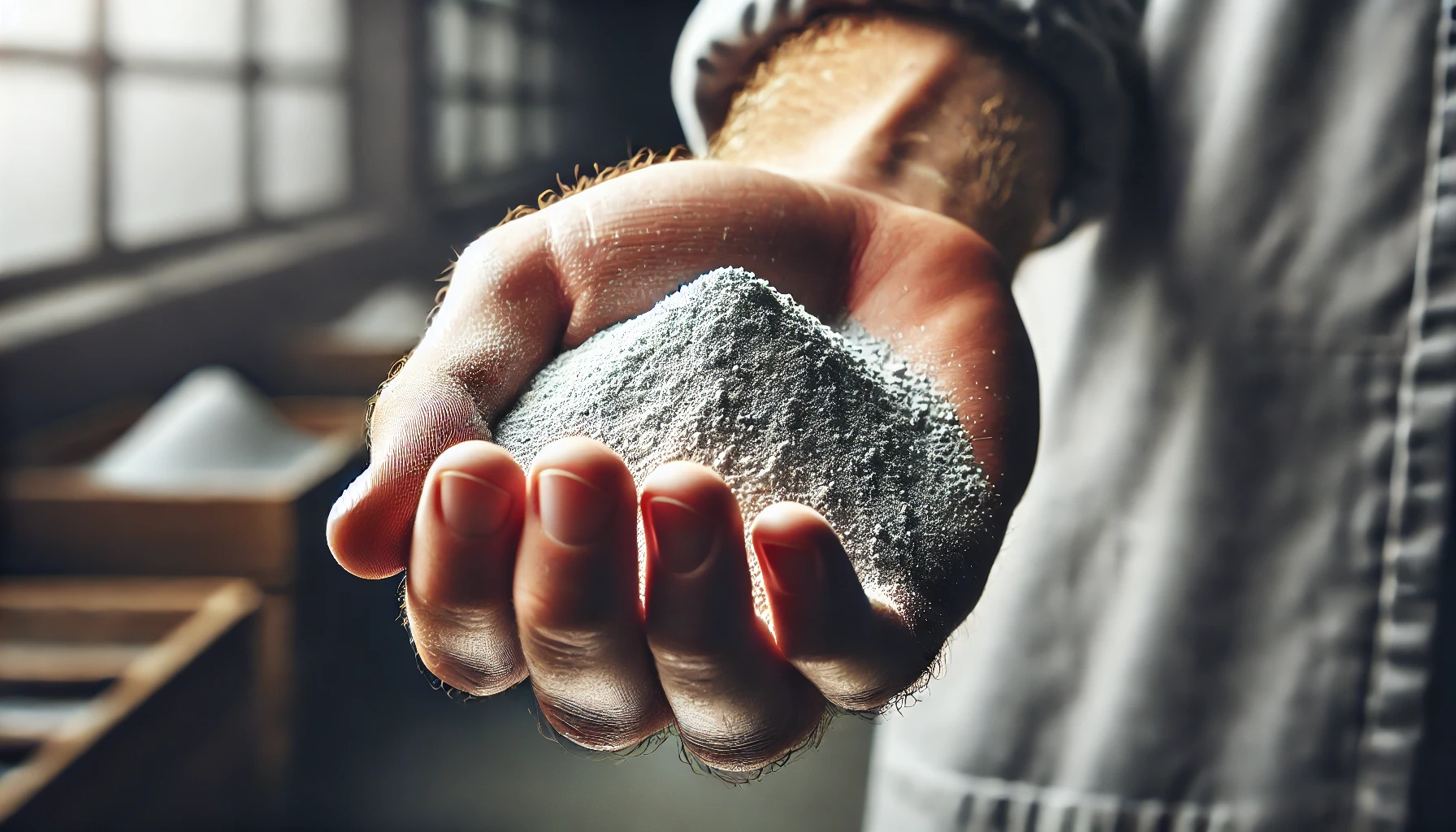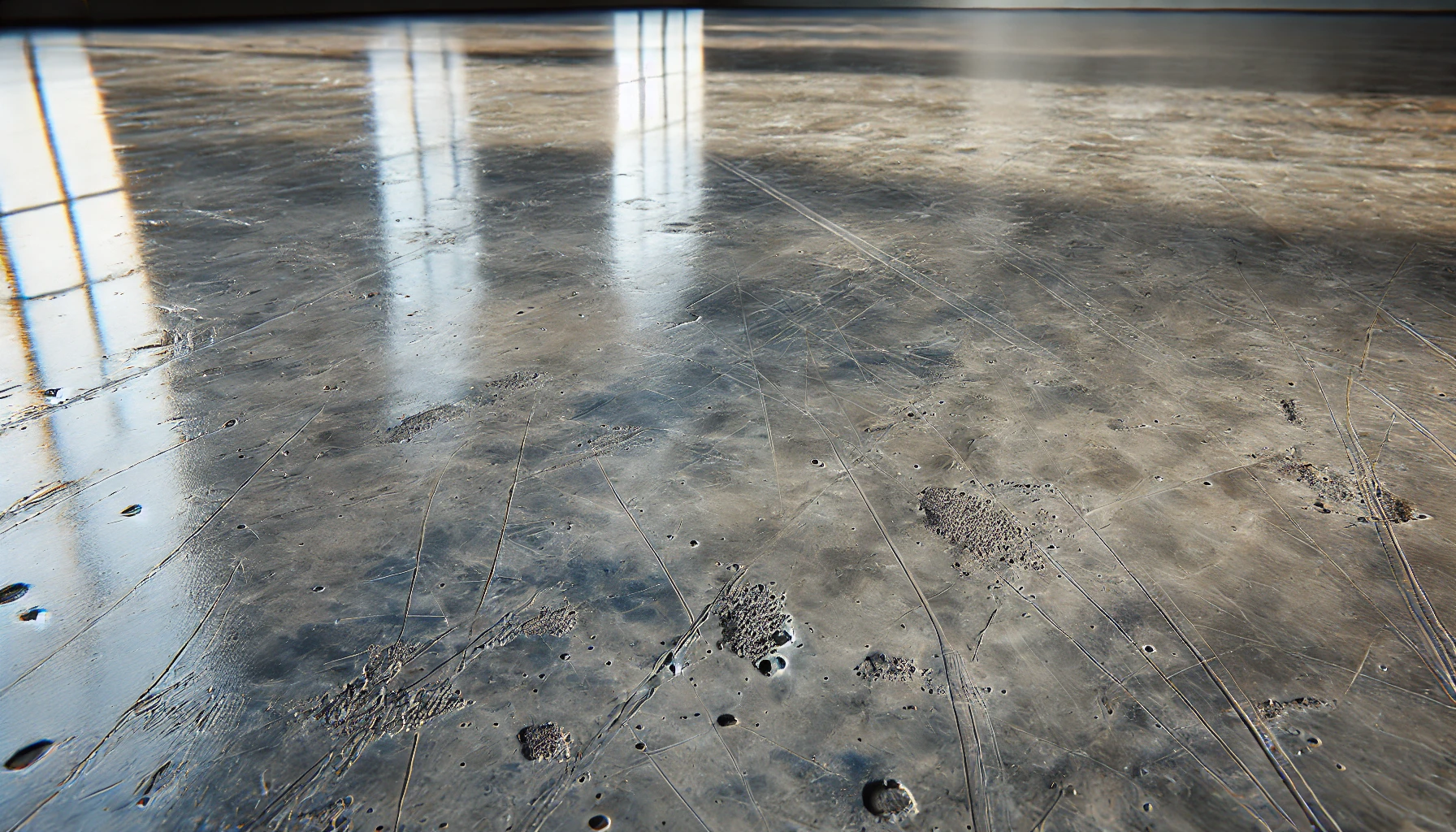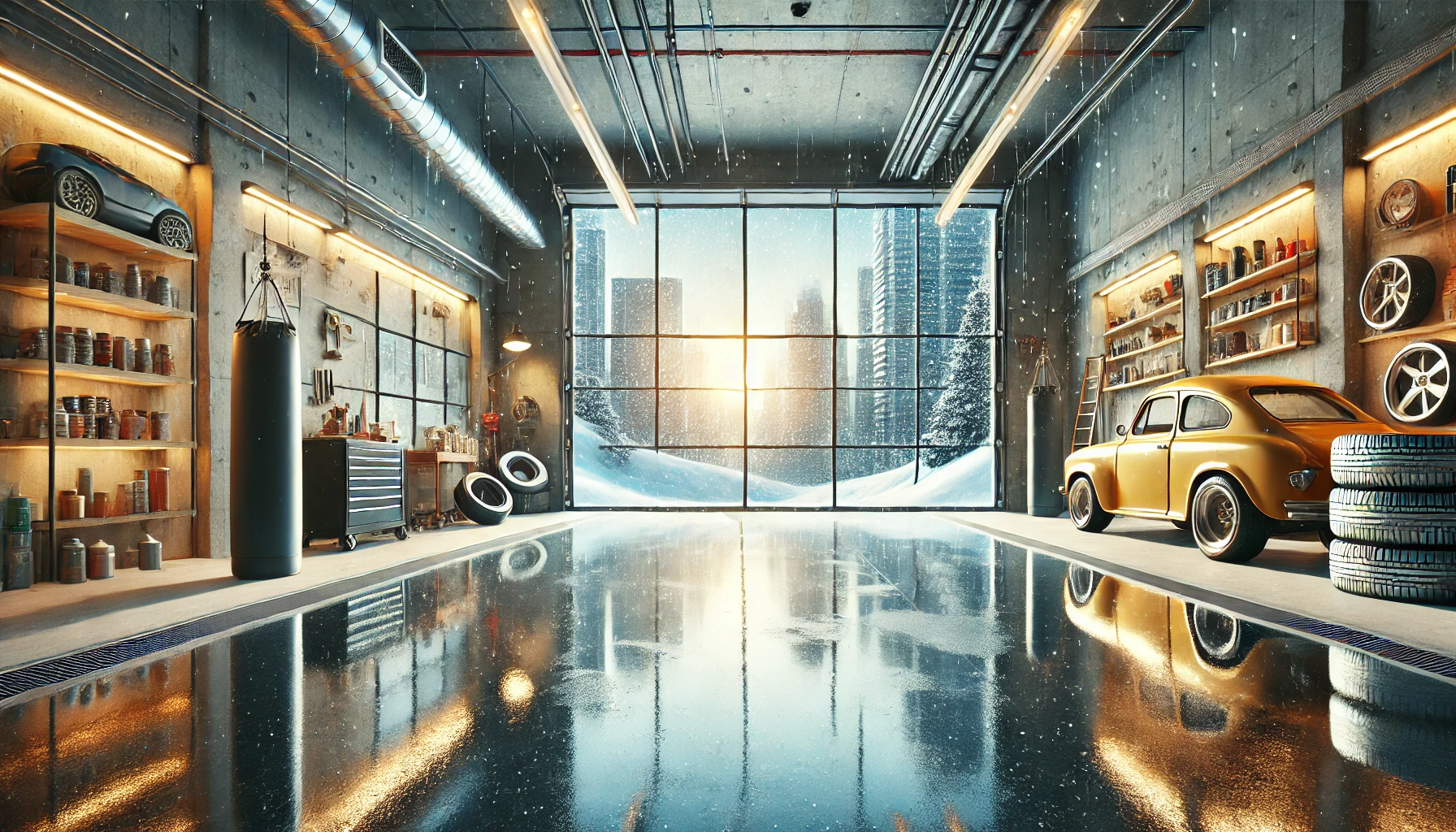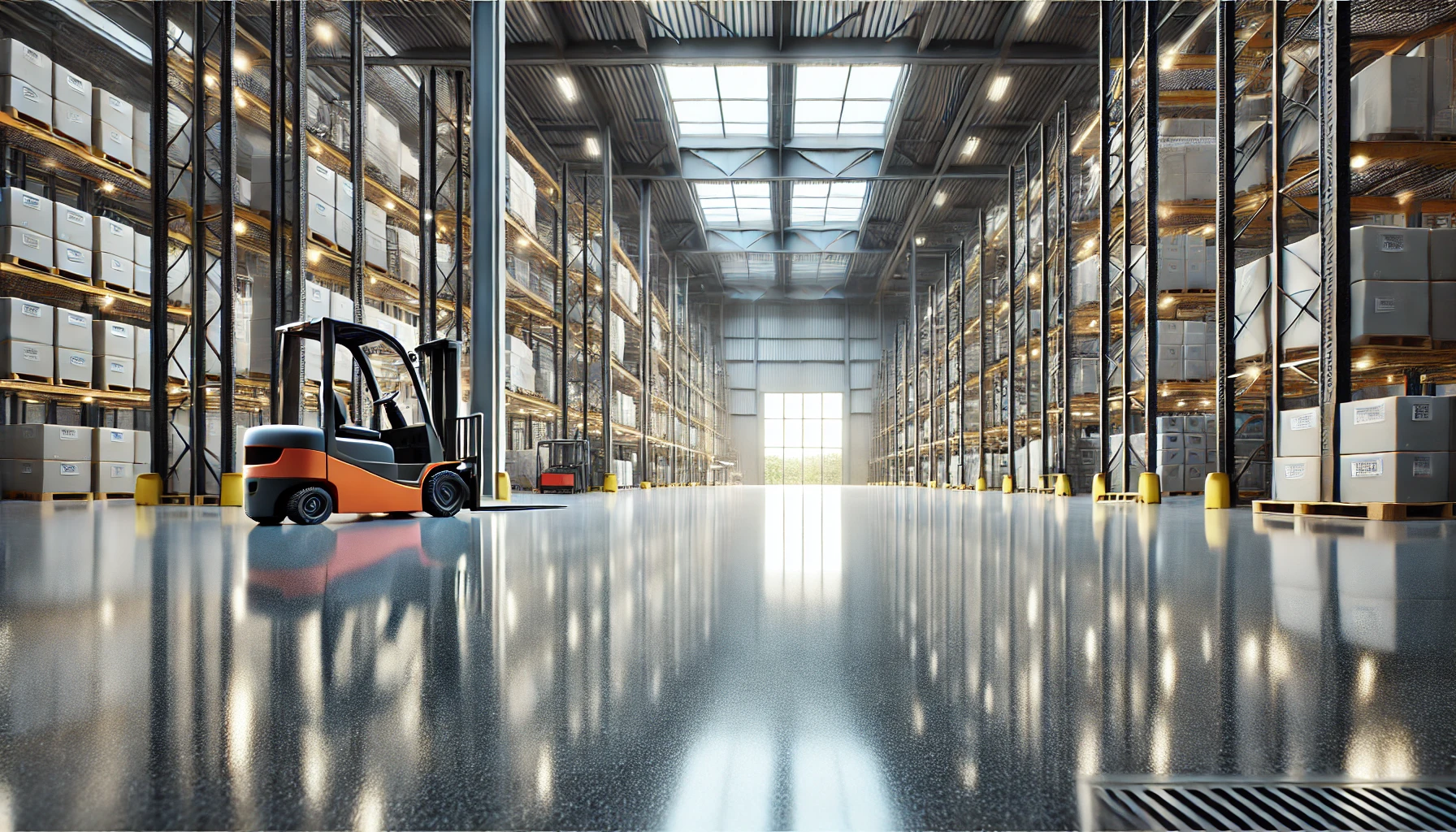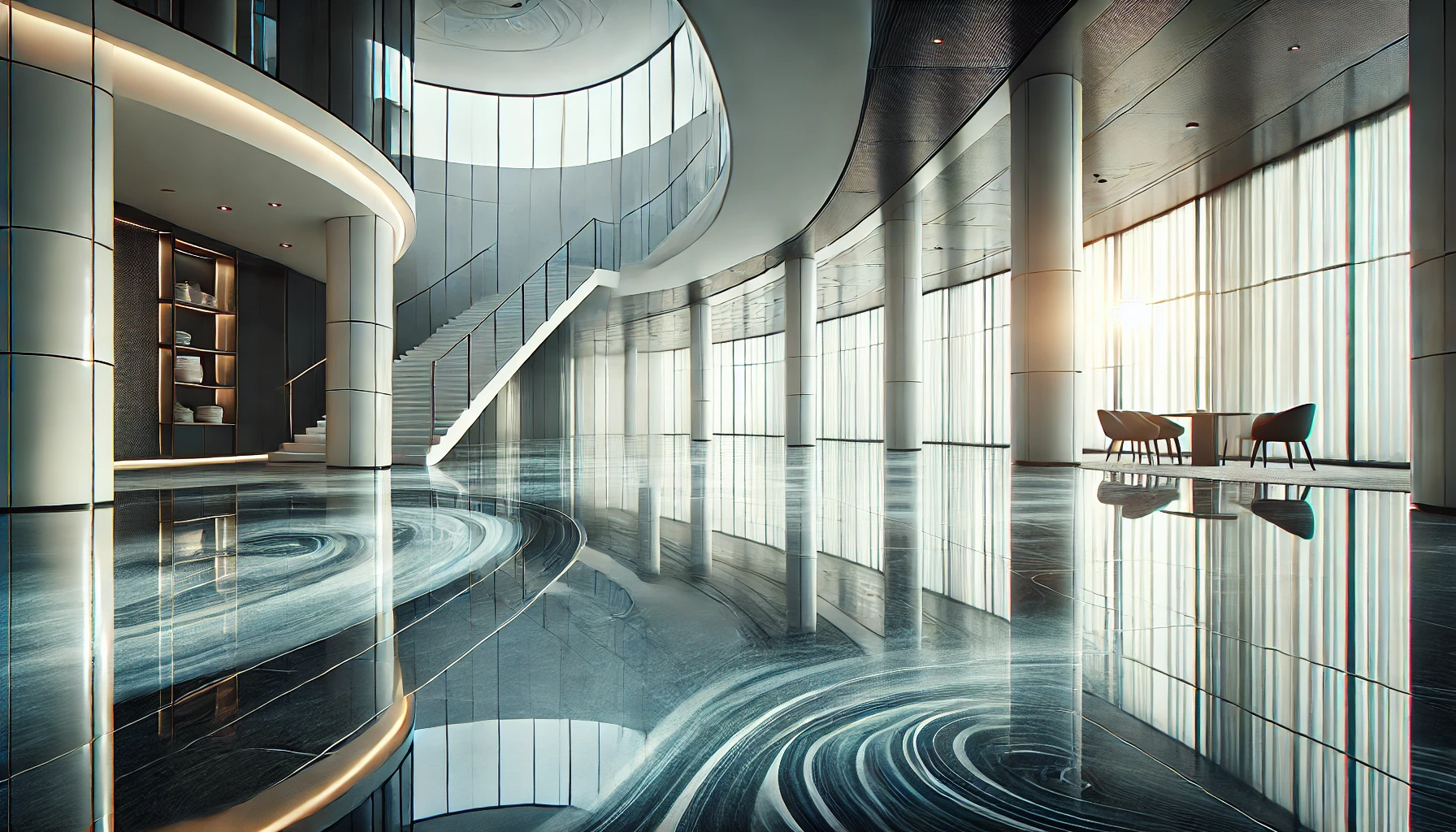Epoxy vs. Polyurethane Flooring: Which Is Best for Your Needs?
Epoxy vs. Polyurethane Flooring: Which Is Best for Your Needs?
Choosing between epoxy and polyurethane flooring depends on durability, flexibility, and resistance. Epoxy is ultra-durable and cost-effective, ideal for industrial spaces. Polyurethane is flexible, UV-resistant, and perfect for high-traffic areas.
- Durability: Epoxy is rigid and impact-resistant, while polyurethane absorbs minor impacts.
- UV Resistance: Epoxy may yellow over time, whereas polyurethane maintains its color.
- Cost: Epoxy is generally more affordable, while polyurethane has a higher upfront cost.
- Best For: Epoxy suits industrial settings; polyurethane excels in commercial, high-traffic areas.
When it comes to durable and attractive flooring solutions, epoxy and polyurethane are two of the most popular choices. But how do you decide which one is best for you?
Whether you're renovating a garage, updating a warehouse, or revamping a commercial space, understanding the differences can save you time and money.
Let’s dive into a comprehensive comparison of epoxy and polyurethane flooring, including key benefits, drawbacks, and when to choose one over the other.
What Are Epoxy and Polyurethane Floor Coatings?
Epoxy Flooring: Epoxy is a thermosetting resin that hardens when combined with a curing agent. You typically see it in high-traffic areas like garages, warehouses, and factories due to its excellent durability and chemical resistance. Epoxy coatings form a rigid and hard surface, which is why they are favored for applications involving heavy loads and frequent machinery use.
Polyurethane Flooring: Polyurethane is a flexible, thermosetting polymer known for its high elasticity and abrasion resistance. Unlike epoxy, polyurethane has a slightly softer texture, which allows it to absorb impacts and resist cracking under stress. You’ll often find it in places requiring aesthetic appeal and resistance to wear, such as showrooms, retail spaces, and outdoor areas.
Key Differences Between Epoxy and Polyurethane Flooring
| Feature | Epoxy | Polyurethane |
|---|---|---|
| Durability | Extremely durable, resists heavy impacts | Flexible, handles minor impacts well |
| Chemical Resistance | Excellent for harsh chemicals | Better for organic acids |
| UV Resistance | Can yellow over time with UV exposure | Highly UV-resistant, maintains color |
| Abrasion Resistance | Good, but less than polyurethane | Superior abrasion resistance |
| Flexibility | Rigid, may crack under heavy stress | Elastic, adapts to surface movement |
| Aesthetic Options | High gloss, variety of colors | Satin finish, vibrant colors |
| Installation Time | Longer due to multiple layers | Faster curing and application |
| Cost | Typically lower | Generally higher |
Advantages of Epoxy Flooring
- Durability: If you need a flooring system that withstands heavy machinery and frequent foot traffic, epoxy is your go-to. Its compressive strength is unmatched, making it ideal for industrial environments.
- Chemical Resistance: Epoxy’s resistance to a wide range of chemicals, including oils, solvents, and acids, makes it perfect for manufacturing facilities and garages.
- Affordability: Epoxy is generally less expensive than polyurethane, especially for larger spaces.
- Aesthetic Appeal: High-gloss finishes and endless customization options make epoxy visually appealing. From metallic designs to simple solid colors, epoxy can cater to various design preferences.
- Seamless Finish: Epoxy creates a smooth, seamless surface that’s easy to clean and maintain, making it suitable for both functional and decorative purposes.
According to industry studies, epoxy flooring lasts 5-10 years on average in high-traffic areas and up to 20 years in residential settings.
Advantages of Polyurethane Flooring
- Elasticity: Polyurethane’s flexibility makes it resistant to cracks and dents, even under surface movement. This feature is particularly useful for areas prone to temperature fluctuations or minor vibrations.
- UV Resistance: Unlike epoxy, polyurethane doesn’t yellow or fade when exposed to sunlight, making it a better option for outdoor applications and spaces with large windows.
- Abrasion Resistance: If your flooring faces constant wear, such as from foot traffic, carts, or equipment, polyurethane offers superior resistance to scratches and scuffs.
- Faster Installation: With quicker curing times, polyurethane coatings reduce downtime, which is essential for businesses that can’t afford long interruptions.
- Chemical Resistance: Polyurethane is particularly resistant to organic acids, making it a top choice for food processing areas and kitchens.
Polyurethane flooring can last up to 15 years in high-traffic commercial areas, with minimal maintenance.
Disadvantages of Each Flooring Type
Epoxy Flooring
- Lack of UV Resistance: Over time, exposure to sunlight can cause epoxy floors to yellow and lose their gloss, making them less ideal for outdoor spaces.
- Rigidity: Epoxy’s lack of flexibility means it can crack under heavy stress or if the substrate moves.
- Longer Installation Process: Applying epoxy flooring involves multiple layers and longer curing times, which may require extended downtime.
Polyurethane Flooring
- Higher Cost: Polyurethane coatings are generally more expensive than epoxy, both in terms of materials and installation.
- Limited Thickness: Polyurethane layers are thinner than epoxy, which may make them less suitable for heavy-duty industrial environments.
- Odor During Installation: The installation process often involves a strong odour that requires adequate ventilation.
When Should You Choose Epoxy?
Epoxy flooring is best for:
- Industrial Applications: Warehouses, factories, and garages benefit from epoxy’s superior strength and chemical resistance. It’s a reliable choice for areas subjected to heavy equipment and harsh chemicals.
- Budget-Friendly Projects: If cost is a significant factor, epoxy delivers high performance without breaking the bank.
- Indoor Spaces: Since epoxy isn’t UV-resistant, it’s best for areas without direct sunlight exposure.
- Design Flexibility: For spaces where aesthetic customization is essential, epoxy offers numerous design possibilities.
When Should You Choose Polyurethane?
Polyurethane flooring is ideal for:
- Outdoor Applications: For spaces exposed to UV light, such as parking lots and outdoor decks, polyurethane is the clear winner.
- High-Traffic Areas: Retail stores, hospitals, and schools benefit from polyurethane’s abrasion resistance and durability.
- Flexible Surfaces: Polyurethane’s elasticity makes it suitable for surfaces prone to slight movements, such as wooden subfloors or areas with temperature variations.
- Quick Turnarounds: If minimizing downtime is critical, polyurethane’s faster curing times make it a practical choice.
Cost Comparison: Epoxy vs. Polyurethane
| Coating Type | Material Cost per Square Foot | Installation Cost per Square Foot | Lifespan |
|---|---|---|---|
| Epoxy | $3 - $12 | $4 - $15 | 5-20 years |
| Polyurethane | $5 - $15 | $6 - $20 | 7-15 years |
While polyurethane tends to be more expensive upfront, its long-term benefits, such as UV resistance and abrasion durability, may offset the initial costs in certain applications.
Maintenance Tips for Both Flooring Types
- Regular Cleaning: Sweep and mop floors weekly to prevent scratches from dirt and debris.
- Avoid Harsh Cleaners: Use pH-neutral cleaners for both epoxy and polyurethane coatings to maintain their finish.
- Repair Damages Promptly: Address cracks, chips, or abrasions immediately to extend the lifespan of your floor.
- Use Protective Pads: For areas with heavy furniture or machinery, consider using protective pads to prevent damage.
Periodic Recoating: Over time, recoating your floor can restore its original luster and protect it from wear and tear.
Which Flooring Is Best for You?
Choosing between epoxy and polyurethane flooring depends on your specific needs. If durability, cost-effectiveness, and chemical resistance are your priorities, epoxy is an excellent choice. However, if flexibility, UV resistance, and abrasion resistance are crucial, polyurethane flooring might be the better option.
At Crystal Clear Epoxy, we specialize in both epoxy and polyurethane flooring solutions. Our team is ready to help you decide which option aligns with your needs and budget. We’ll guide you through the process, from material selection to professional installation, ensuring a result that exceeds your expectations.
Frequently Asked Questions
How long does epoxy flooring last compared to polyurethane?
Epoxy flooring typically lasts between 10 to 20 years in industrial or commercial settings. Polyurethane flooring, with its superior flexibility and UV resistance, can last 20+ years, making it a better long-term investment in certain conditions.
Can I install epoxy or polyurethane flooring myself?
Both epoxy and polyurethane require professional installation for the best results. While DIY kits are available, proper preparation, application, and curing are essential to avoid issues such as uneven surfaces or peeling. It's best to hire experienced professionals to ensure longevity and a high-quality finish.
Is polyurethane flooring resistant to chemicals?
Yes, polyurethane flooring is highly resistant to chemicals, including acids and alkalis. It’s particularly effective in environments like food processing plants, laboratories, or warehouses that handle strong chemicals. Epoxy is also resistant to chemicals but not as much as polyurethane in extreme cases.
Can I use epoxy or polyurethane flooring outdoors?
While both options can be used outdoors, polyurethane flooring is typically the better choice for outdoor applications due to its UV resistance. Epoxy may yellow or degrade over time when exposed to sunlight, whereas polyurethane maintains its appearance and performance.
Lets Get In Touch
Contact Us
We will get back to you as soon as possible.
Please try again later.
Lets Get In Touch
Contact Us
We will get back to you as soon as possible.
Please try again later.
We provide durable epoxy and polyaspartic flooring for garages, basements, warehouses, and commercial spaces. Serving Toronto, Vaughan, Mississauga, Markham, and beyond, we ensure fast, high-quality installations.
Epoxy Services
Contact us
Business Hours
- Mon - Sun
- -
Google Reviews
Edit Google Reviews Widget
Call
+1 647 955 6885@ 2025 All Rights Reserved || Crystal Clear Epoxy Inc

